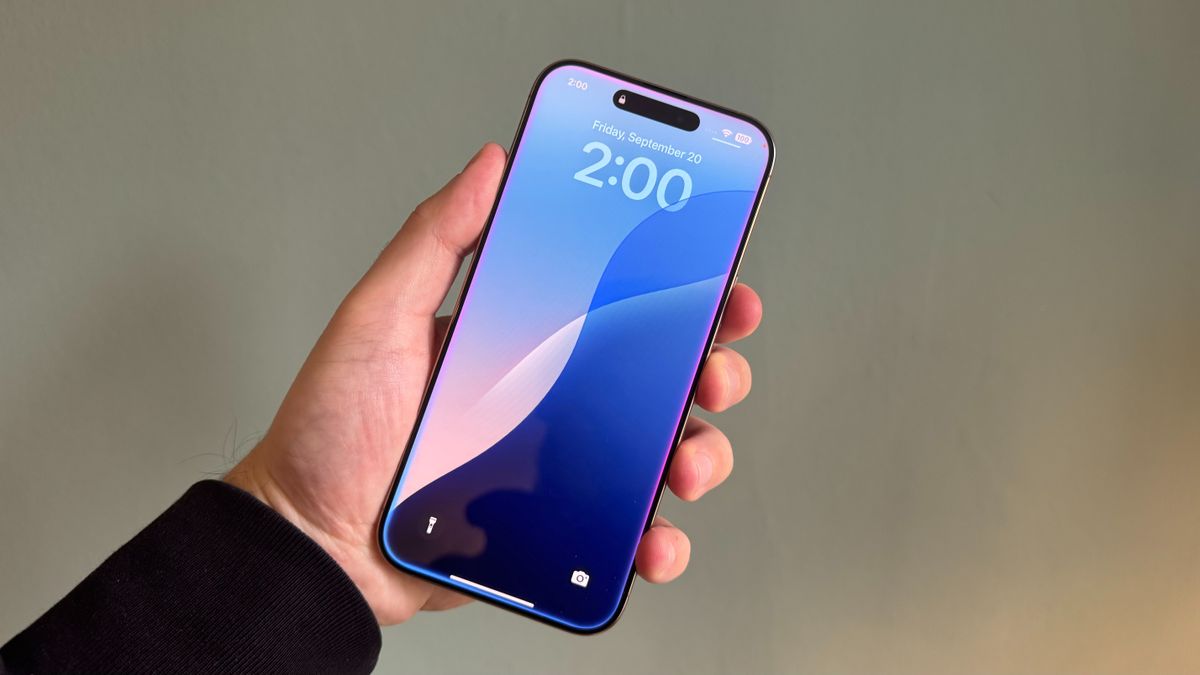Apple Intelligence’s release date is fast approaching, making it an exciting time to own one of the best iPhones.
The AI tools are one of the major selling points of the new iPhone 16 and iPhone 16 Pro, bringing features like proofreading and rewriting, summaries, and AI photo editing to iOS 18. That’s not all, however – iOS 18.1’s imminent launch and the arrival of AI on iPhone is just the beginning, with more Apple Intelligence features set to launch over the next year.
So when is the Apple Intelligence release date? And is it actually a big deal? Or will consumers forget it even exists in just a few months’ time?
Apple Intelligence release date
Apple Intelligence is currently in testing via the iOS 18.1 public beta. This means we can expect to see Writing Tools, Clean Up, and Notification Summaries, to name just a few features, arrive in October with iOS 18.1’s official release. We’ve covered all the Apple Intelligence features, and when you can expect to use them, in-depth already, but here’s a quick rundown of the expected release schedule:
Apple has confirmed that Apple Intelligence will arrive in October with iOS 18.1. Later this year, according to Bloomberg’s Mark Gurman, Genmoji and Image Playground will arrive in iOS 18.2 which is expected in December. Following on from those major updates, iOS 18.3 is expected around January, and could potentially add some of the Apple Intelligence-fuelled Siri features. Finally, the full Siri Apple Intelligence makeover is expected in March of next year as part of iOS 18.4, closing out the first year of Apple Intelligence features just in time for iOS 19 and WWDC 2025.
Based on these rumors, and Apple’s own confirmation that Apple Intelligence will launch this month, we fully expect iOS 18.1, iPadOS 18.1, and macOS Sequoia 15.1 to arrive in the next couple of weeks.
Why it’s a big deal
The Apple Intelligence launch is a huge deal in terms of the future of easily accessible AI, and Apple’s entrance into the AI space could play a pivotal part in the future of the technology. Let’s take a step back from the powerhouses of AI like OpenAI for a second; your parents will probably get their first taste of AI in Apple Intelligence, as will many average consumers. That means Apple’s foray into AI, and its attempt to become ‘AI for the rest of us’, is a far bigger deal than the new AI features themselves.
iPhone users make up the majority of the US smartphone market, and Apple has built a successful business on the promise of its technology just working straight out the box. With the arrival of Apple Intelligence, we’ll get a good idea of whether or not AI is ready to become a key element of our daily lives, or if, in its current form, it’s just a nice-to-have that we forget about with time. Does Apple Intelligence become a key element of the iPhone experience, like FaceID, or does it become the next example of Apple’s ideas not living up to their promise like the discontinued Touch Bar?
Every smartphone with AI features these days, whether that’s the Google Pixel 9 or the Samsung S24 Ultra, has what seems like a repackaging of the same tools: writing, summarizing, photo editing, and a better voice assistant. Can Apple’s attempt surpass these Android offerings and offer something distinct? And if so, do people even care?
As someone who writes about AI every day, I’m intrigued to see how the average consumer interacts with the idea of chatbots and AI-powered features built into operating systems. Apple’s vision for its Apple Intelligence-powered version of Siri, with personal context and on-screen awareness, is the AI addition to iOS I’m most excited about, but if the voice assistant turns out not to be as impressive as Apple’s WWDC 2024 demo suggested, it could quickly come to be seen as a high-profile failure.
There’s a lot to look forward to in the world of AI; and Apple Intelligence, while maybe not the most impressive use case we’ve seen for artificial intelligence, is set to be a turning point for the technology. As for in which direction, however, your guess is as good as mine: will Apple Intelligence catapult consumer AI into the mainstream? Or could it turn out to be another Apple Vision Pro – niche, and better executed by others?
Read the full article here














